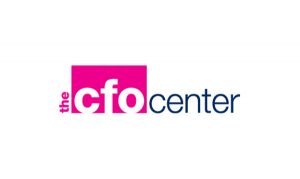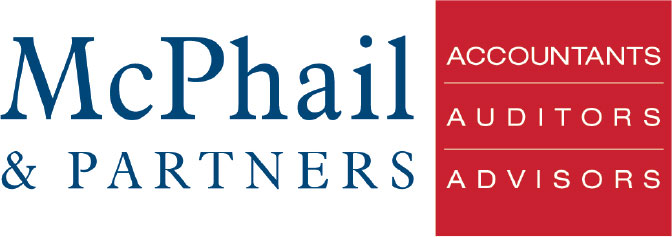The way in which we work is fundamentally changing. Have you noticed?
Roles are changing, reporting lines are changing, technology is driving efficiencies; everywhere you look in business today things are changing. In this article Chris Baring-Gould explains the trend towards outsourcing C-Suite [Executive] functions and what that means to businesses and their future.
- Why do you think we’ve seen a rise in outsourced part-time resource solutions?
This is a great question. The answer, I believe, is driven by society’s constant progress towards sophistication in the way we live and work. The two key drivers are the increasing use of technology and the specialisation of labour. Technological progress increases productivity, which in simple term means it replaces the mundane, repetitive work that we humans once performed. As society and work become more sophisticated, we become specialised provider of skills.
As a result, we find businesses can now acquire specialised human skills for a particular time frame. Skills and specialised labour then, become resources in a “just-in-time” economy that operates continuously, hence giving rise to the trend of outsourcing what is “not core to a business”. The trend in accounting now is towards “continuous accounting”, not a fast end-of-month close in 1 day, but a financial close every day, so that a business can access its financials in real time and instantaneously.
- If a business is interested in offering a part-time resource solution what is the best way to work out the pricing?
There is no such thing as a “right price”, as price settles on the demand and supply of a product or service. However, there are some common-sense guidelines. Businesses are also prepared to pay a premium for on-demand quality services. When you combine an on-demand service with something that is of value to your clients, i.e. your point of difference to others, you can price your service at a premium to market.
- What is your advice about managing conflicts of interest between clients, for example, working for 2 clients who are competing with one other?
Be upfront and honest with both your clients and tell them that you cannot advise them in certain areas where conflicts of interest arise. You may even have to consider declining an engagement with one client in order to protect your integrity and avoid all doubt of conflicts of interest.
- What are the benefits to businesses of having access to an external business resource, for example, a CFO?
SMEs, in general, cannot afford full-time CFOs until they become large enough and have the activity and complexity to need one. Our experience at the CFO Centre is that SMEs up to $50 million in revenue turnover do not need a full-time CFO. A part-time CFO makes financial and business sense to SMEs, as they are getting the experience and skills of a finance executive for a fraction of a full-time CFO. All SMEs have growth ambitions, and at some stage of their journey, business owners want to exit their businesses at valuations that are many multiples of their investments. Part-time CFOs can help business owners plan and achieve their business and wealth creation ambitions during this time, provided there is sufficient time to implement these plans.
- Can a business outgrow their need for an external resource, for example, a CFO?
Yes, it can. When a business becomes large and complex and requires an executive to exercise a finance leadership role regularly, this is when you know you’ll need a full-time CFO.
- What other functions are suitable for a business to outsource?
In professional services, just about anything, from HR, IT, marketing, legal, and yes, even C-suite executives. The professional outsourcing trend in America is moving towards the 60% of the C-suite workforce. Work then becomes portfolio and project-based, that is, you service many clients as a portfolio rather than work for one employer. This gives the business the flexibility to expand and contract its workforce in line with market conditions.
- We’ve seen some fundamental changes recently so what’s next?
This is a hot topic that is currently unfolding. I believe as professional services providers, we’ll need to become more flexible and sensitive to fulfilling the needs of our clients. I also believe we’ll need to collaborate with other outsourced professions working on the same client project, which can be challenging for project leaders! Working from home, or really anywhere, will become the norm.
I believe business will evolve to a “hub” and spoke model – core business at the hub, and spokes for non-core support infrastructure. Think about your smartphone. If you have an Apple or Samsung, the apps on your phone are created by independent app providers to both Apple and Samsung. This is specialisation at its best. Apple and Samsung provide the technological platform (their core business) for the apps to work on their phones. They don’t have to own the apps or the app providers.
- What is your advice to a business that is considering looking at an outsourced solution for their needs? What do they need to look for?
Be clear about what your needs are, and what your “pain points are”. I have experienced many occasions where business owners struggle to articulate their problems, which is not surprising as they are very close to their day-to-day operations. As a part-time CFO learning about their business, I learn to be a good listener first, before diagnosing their financial or business problems. I use a diagnostic framework to help me do this so that when a potential client is describing problems, I have a mental picture of what the issues are and where they reside. Then, we can have a conversation about how to solve the problems, which is often what the clients want to hear!
Thank you to Chris Baring-Gould, Principal, The CFO Centre

